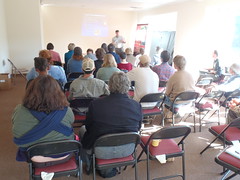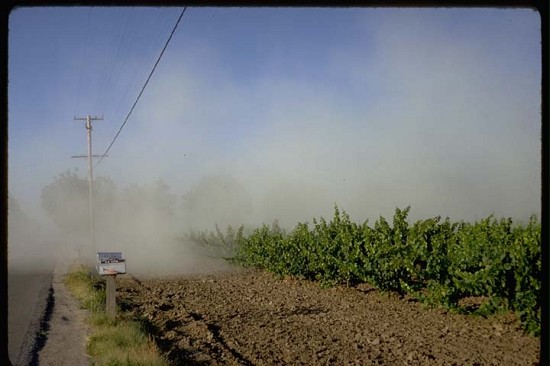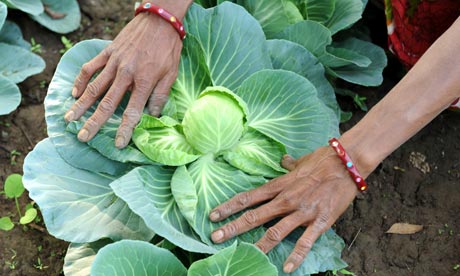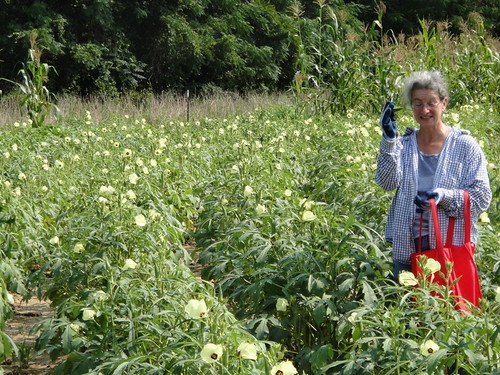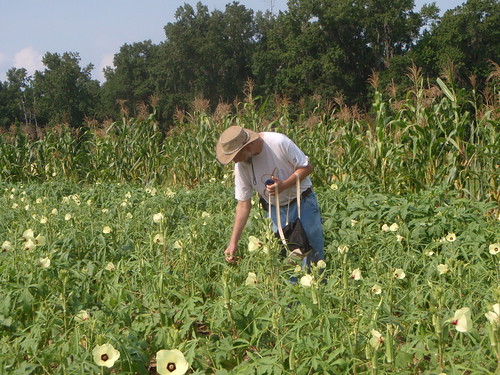“We were very much surprised by our findings. Until now, itThe toxicity of the corn itself may have been a surprise, but not that of Roundup:has been thought almost impossible for Bt proteins to be toxic to human cells. Now further investigations have to be conducted to find out how these toxins impact the cells and if combinatorial effects with other compounds in the food and feed chain have to be taken into account,” says Gilles-Eric Séralini from the University of Caen, who supervised the experiments. “In conclusion, these experiments show that the risks of Bt toxins and of Roundup have been underestimated.”
These findings are in accordance with several other investigations highlighting unexpected health risks associated with glyphosate preparations.Previous studies, including ones by Dr. Séralini, already showed exposure to glysophate (the active ingredient in Roundup) to be “a risk factor for developing Non-Hodgkin lymphoma”, and to be toxic to human umbilical, placental, and placental cells with a that “is far below agricultural recommendations and corresponds to low levels of residues in food or feed.” In Argentina, Prof. Andrés Carrasco has demonstrated birth defects in amphibians and there is increasing evidence of human birth defects.
Regarding Monsanto’s GM corn itself, we already knew it causes liver and kidney damage in rats (later reverified using Monsanto’s own data), and chickens fed feed including Monsanto corn show abnormal gene expression.
Now we have even more hard evidence of the toxicity of Monsanto’s GM corn and of Monsanto’s Roundup. The journal article is available through Wiley online.
-jsq





